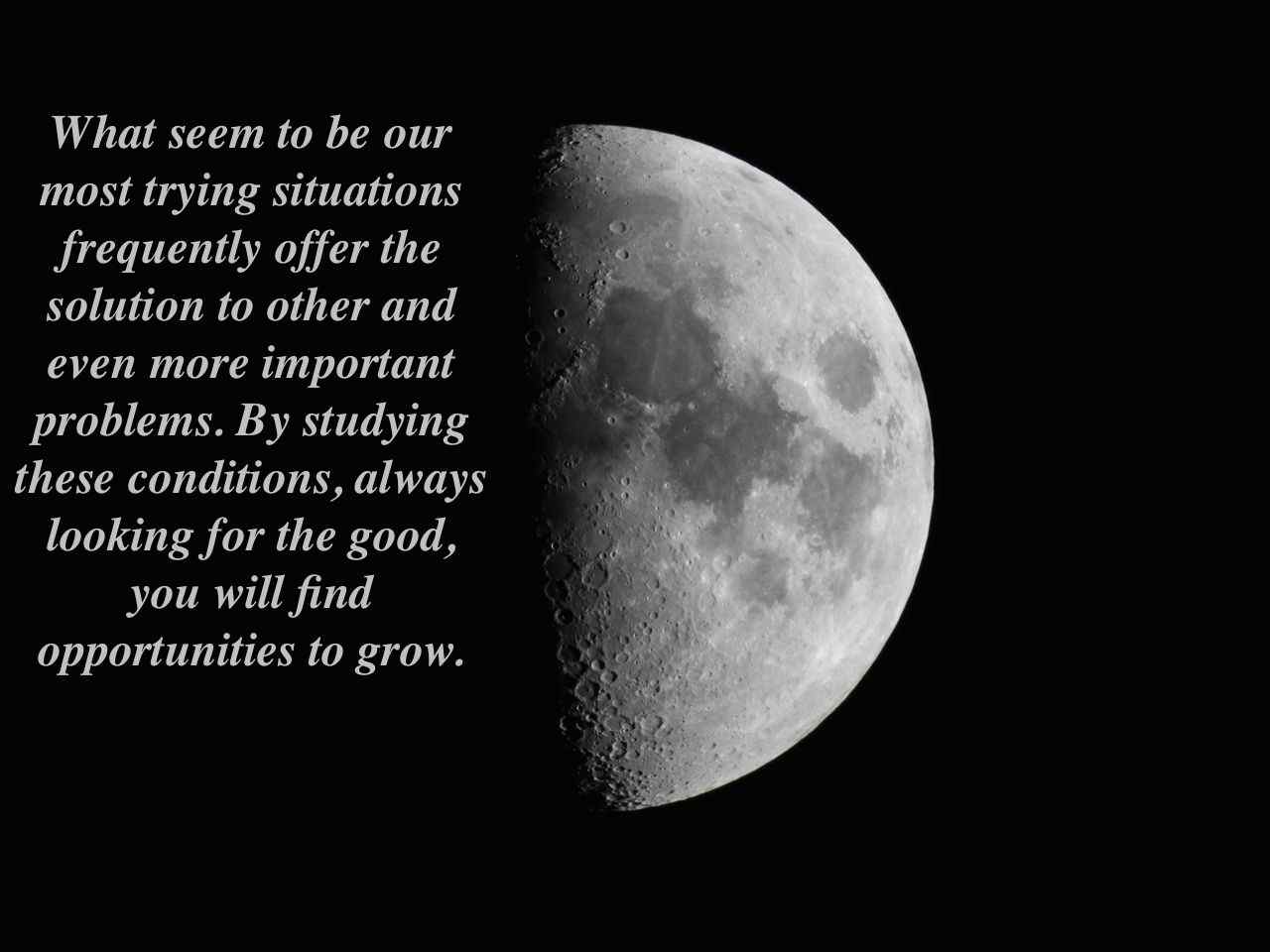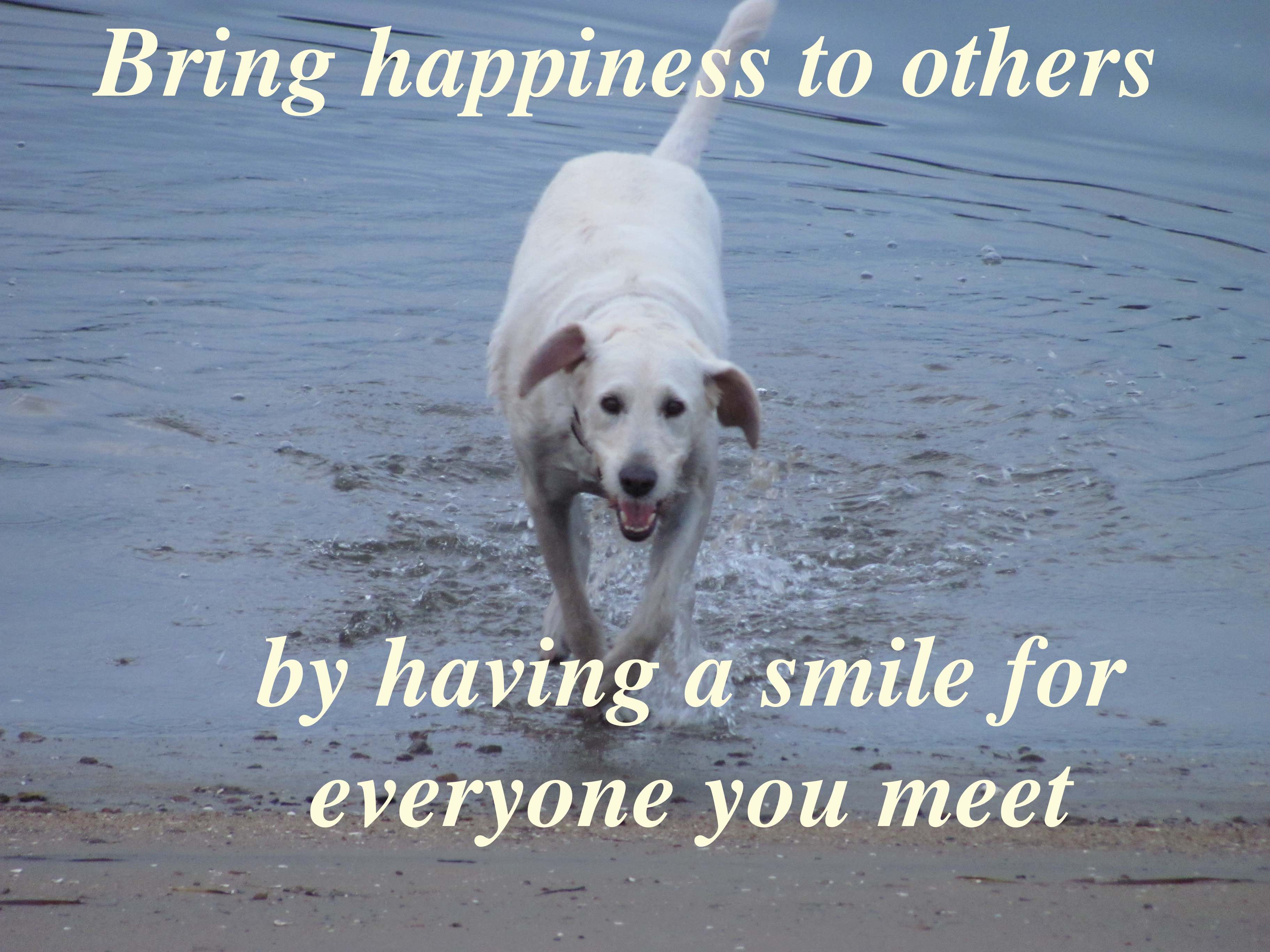All posts by Lemfel

Not long after moving to another area of the country together, my husband and I came to a parting of the ways and agreed to divorce. Like so many people in this situation, we had to decide whether to fight or forgive.
We had recently put a large down payment on a new living room set, and when we split our assets, I was given the furniture since it was too much for him to try to move any distance. We agreed verbally on dividing all we owned, without lawyers, as we had an amicable relationship in many ways.
As my now ex-husband moved back home to be close to his family again, there were many adjustments to make, including the fact that now, there was no one to share expenses with. So it was a shock a few weeks later to receive a notice from him that he wanted half the amount we had paid on the furniture returned to him, and felt I should pay him this amount.
When my ex-husband asked me to pay for half of the furniture we’d agreed I’d keep, negative, suspicious thoughts began to obscure the harmony we’d maintained.
This was dismaying from many angles, not the least of which was that I didn’t have the money to pay him. I felt torn. Should I fight or forgive? While the down-payment money had come partly from an inheritance from his side of the family, on the other hand, in the years of our marriage I had worked full time so he could attend college and get his degree. I really didn’t know what was fair or what to do.
I talked it over with my Lemurian Fellowship teacher, who helped me see that non-resistance was the best course. She explained that if I did pay him the money and it was rightly his, I wouldn’t lose anything in God’s eyes. And if I paid him an amount he was not truly owed, that too would balance out in the long run by the action of universal law. So I arranged to pay my ex-husband month by month, and he was agreeable.
I mailed the first check, and then a second one. But at that point, he called me and apologized for asking for the money. He felt it had been wrong to do so, and he sent my two payments back to me. We parted on good terms, each having thought about some of the good the other had contributed to our marriage.
I believe my faith in the Lemurian Philosophy allowed the time and space for both of us to thoughtfully decide what we really wanted, and not just react to the emotion of the time or pressure from well-meaning family. I gained a lot of respect for his integrity, and for the value of non-resistance.




